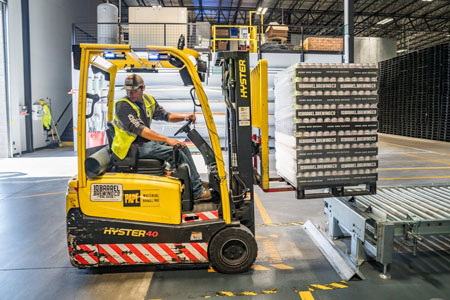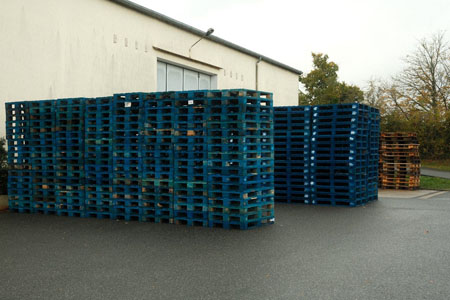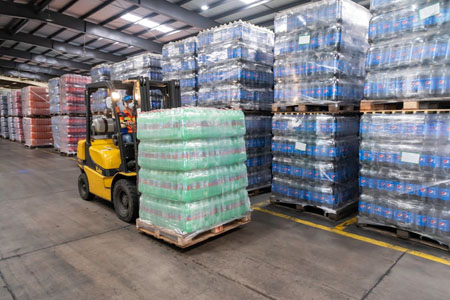My blog focuses on Financial Literacy/Money, Business/Entrepreneurship, and Technology. Much business is done online these days, and it’s thus essential to learn how to run Ecommerce businesses. The following contributed post is entitled, The Top 6 Questions Always Asked About Ecommerce Fulfilment.
* * *

Ecommerce fulfillment is a challenging process, which is why so many firms go to external parties to do the work for them. Getting logistics brands to deal with all the shipping and warehousing is often essential.
Unfortunately, it can be a confusing space. You’re not always sure what’s going on.
That’s where this post can help. It runs through some of the most common questions asked about ecommerce fulfillment, answering them in detail.
What Is A 3PL Provider?
A 3PL provider is a company that provides third-party logistics to your firm, allowing you to get more done without relying on internal resources. These companies partner with you to deliver goods to your customers and ensure that you receive deliveries on time.
So, what is a 3PL provider? Essentially, it is just a team of people who specialize in all the things you don’t want to do, like deliver goods to customers over the last mile, and management warehouse inventory.
What Are The Costs Associated With Ecommerce Fulfillment?
The costs associated with ecommerce fulfillment are considerable, and include shipping costs, packing and pack fees, and returns management. However, while the fees may be substantial, these services are often far cheaper than trying to do something similar yourself.
How many 3PL services you pay for depend on your requirements. Some companies need a lot and want end-to-end solutions, while others are quite happy with just one or two services to complement their own.
What Technology Is Necessary For Effective Fulfillment?

Fulfillment is something that relies on multiple technologies to get right. These often overlap and include things like software, sensors, and IoT.
Most companies start with a warehouse management system (WMS), allowing them to make the most of their storage space. Companies then move onto order management systems when working at volume, and various integration tools and returns handling policies.
These solutions are often essential once a business reaches sufficient scale. After that, it makes managing orders far more straightforward and pleasant.
What Is The Role Of Inventory Management In Fulfilment?
Inventory management refers to the practice of tracking items as they move their way through the supply chain toward customers. These tools help to keep track of where everything is and what’s in stock right now, reducing mix ups and other issues.
Sometimes inventory management is performed by a trained professional. But many companies are now handing the tasks over to software for better results.
What Are Best Practices When Using Packaging?

Packaging is one of the most challenging aspects of ecommerce fulfillment to get right. It needs to be durable, cost-effective, and reflective of the brand associated with it.
Fortunately, there are now plenty of solutions available on the marketplace, each offering a combination of sustainability, durability, and brand relevance. It’s just a question of finding them.
How Does B2B Differ From B2C Fulfillment?
Largely, these two practices are the same. However, B2B fulfillment seems to focus more on bulk orders and cost lowering, while B2C is more about last-mile delivery and convenience.
